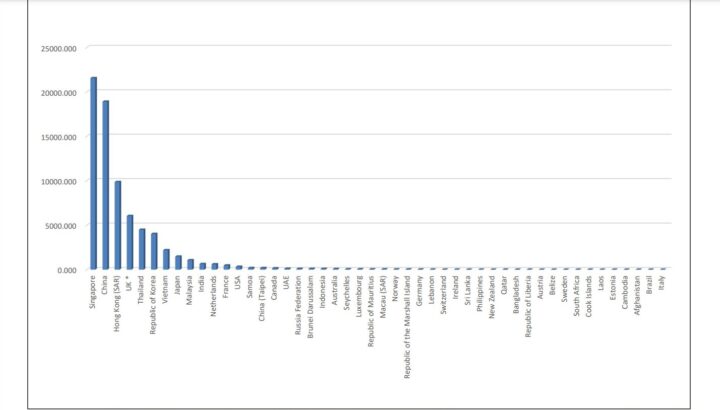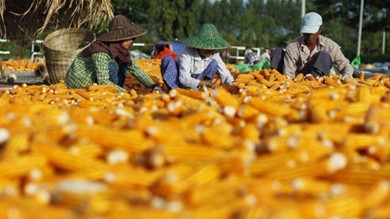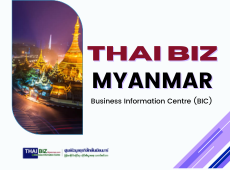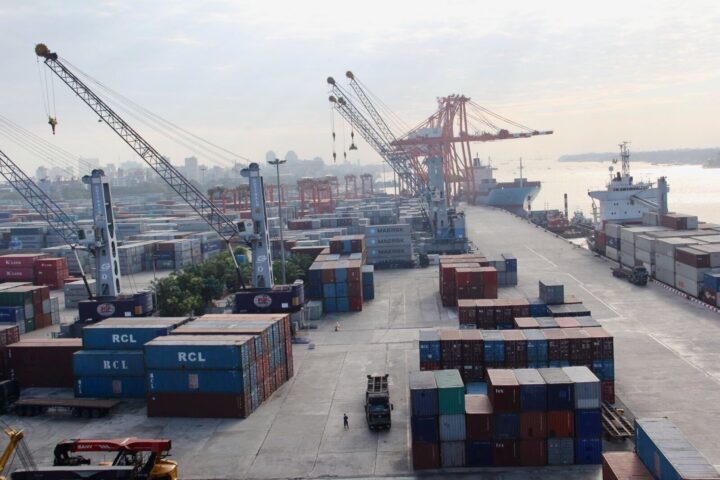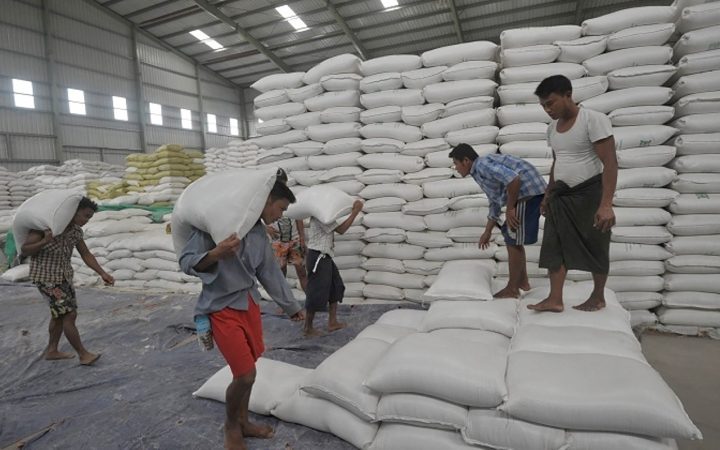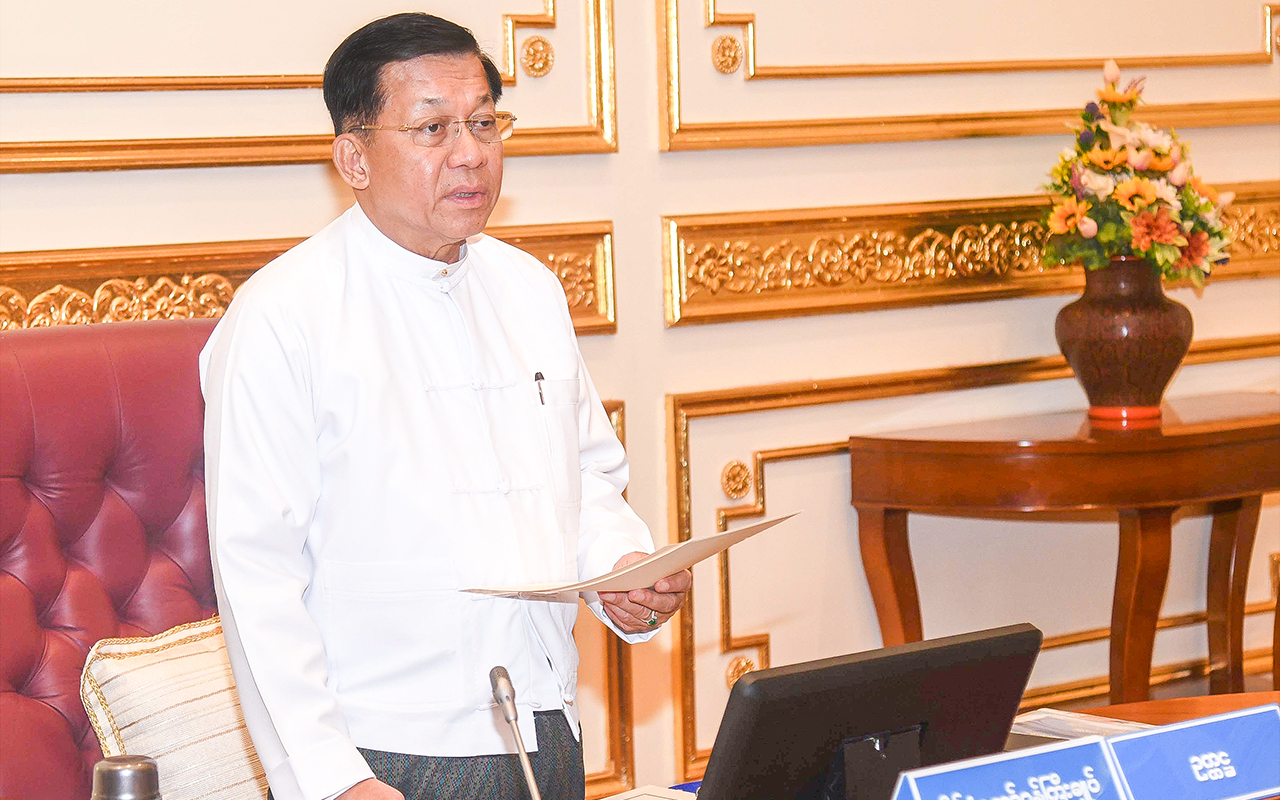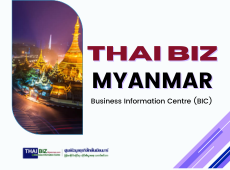To promote trade and investment ties, Hong Kong leader visited Myanmar for the first time and set out Roadmap
21 Sep 2017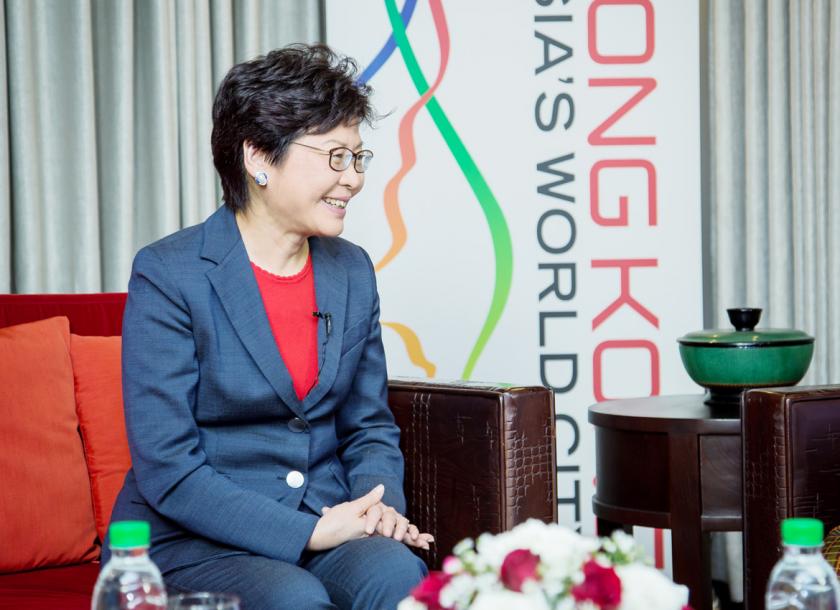
In the first ever visit by a Hong Kong leader to the country, Chief Executive Carrie Lam met with Myanmar officials and Hong Kong investors in Yangon and Nay Pyi Taw on September 15-17 to promote trade and investment ties.
On September 16, the chief executive sat down with The Myanmar Times in Yangon’s Kandawgyi Palace Hotel to speak about the next chapter of Myanmar-Hong Kong economic partnerships and investment relations following the conclusion of a free trade agreement.
Mrs Lam told the media that the Hong Kong government’s prioritisation of its ties with ASEAN is a strategy to develop its economy and capitalise on the Belt and Road Initiative.
ASEAN is currently the city’s second largest trading partner in goods and fourth largest in services. With the conclusion of the ASEAN-HK free trade agreement and the inking of the deal next month, the chief executive said that the next step would be working on bilateral relations with individual ASEAN member states to forge closer economic partnerships.
Manufacturing and agriculture
In Myanmar, Mrs Lam’s mission is not limited to bringing inward investments into the city, but also supporting HK businesses to invest overseas. Myanmar’s abundance in labour and land make the country an attractive investment destination for manufacturers.
“Hong Kong’s economic development is now constrained by two factors: land and labour. On both aspects, Myanmar has a lot to offer, because you are a vast country and you are a relatively young country with a lot of labour force,” she said.
“Our capital does need to find an outlet to invest.
“For some of our factories that want to find another investment destination, it does appear to me that Myanmar is a very good choice.”
Back in June 2013, Hong Kong’s then-financial secretary John Tsang had visited Myanmar and agreed to negotiate a bilateral investment promotion and protection agreement. Mr Tsang said that Myanmar would be a beneficiary of the trend of Hong Kong-owned factories relocating from China’s industrial heartland to Southeast Asia due to labour shortages and rising prices.
While the year-on-year growth in bilateral trade is significant, Mrs Lam conceded that the actual volume is modest. For example, in the agriculture sector, she saw enormous potential for scaling up Myanmar’s export in rice and fruits to Hong Kong.
“Myanmar used to be a huge producer and exporter of rice but now Hong Kong imports most of the rice from Thailand and Vietnam, so there is every opportunity for an increase in food and fruit export to Hong Kong,” she noted, suggesting that conducting promotional activities showcasing the quality and variety of Myanmar products in Hong Kong would be helpful in bolstering the export volume.
Access to capital
The city’s leader highlighted that the territory is keen to leverage its expertise in infrastructure to serve Myanmar’s fast-growing infrastructure development.
“I can say in terms of HK’s unique strengths: firstly we do have a lot of capital that we can invest, secondly we have very strong professional services, particularly in ports and airports. We are the world’s number one in terms of air cargo and we have a very important port, so there’s a lot of expertise in running ports and airports in Hong Kong,” she said.
Citing that the city has been building a lot of infrastructures throughout the decades, Mrs Lam is buoyant on businesses leveraging their experience and expertise in the area of Myanmar’s infrastructure.
Myanmar’s businesses are also welcome to join the Hong Kong Stock Exchange to raise capital, and undertake Chinese renminbi (RMB) trading in the city, which is the largest offshore RMB trading centre internationally.
Building relationships
There are plans to enhance and leverage on relationships between the talent pool in Hong Kong and Myanmar.
“I have plans to enhance Hong Kong’s position as a training hub for various professions, including financial services. We are happy to provide training programs to share experience in market regulation and so on with other countries,” she said.
For Mrs Lam, the best way to promote people-to-people bond is through tourism as well as young people and educational exchanges. The city’s government plans to extend its Belt and Road scholarship, which is already in place for Vietnam and Indonesia, to Myanmar, sponsoring ASEAN students to undertake a bachelor program in a university in Hong Kong.
“Myanmar is very rich in tourism resources but my figures told me that, on an annual basis, there are only a few thousand Hong Kong people coming to Myanmar. So there is a huge scope for promoting and developing tourism because Hong Kong people love to travel,” the chief executive said, suggesting that the relatively low tourism engagement is due to the lack of knowledge about the country.
“Not enough people know about this country except [by] reading foreign newspapers,” she observed.
Political stability paramount for investors
On the Rakhine crisis, the chief executive said, “For investors, I think the number one concern is stability, and certainty, and transparency in operations, because they are putting in a lot of money. So, they want to have a business environment that is clear, that is certain, and that is stable.
“In my various meetings with the State Counsellor [Daw Aung San Suu Kyi], the vice president [U Myint Swe] and various ministers, this message is very clear: they are also working very hard in attaining peace in the country, so I wish Myanmar every success in achieving peace.”
She repeated “the clear message from the Hong Kong business community is that wherever they want to invest, they are looking for stability and certainty.”
“They don’t want to be put in a situation where there’s always a lot of disruption to their business, [or] where government policies are uncertain or, in another words, would change from one day to another. That would make investments extremely difficult,” Mrs Lam emphasised.
(The Myanmar Times: https://www.mmtimes.com/news/historic-visit-hk-leader-sets-out-roadmap-myanmar.html )

